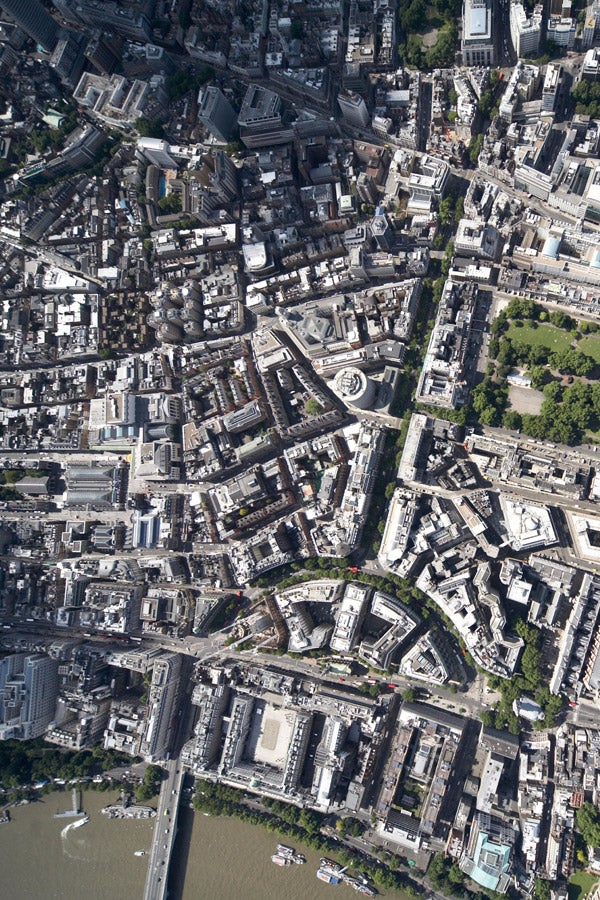GPS: How the world found itself
In 1989, the Global Positioning System was for military eyes only. Today, millions of us couldn't get from A to B without it. Robin Barton gets his bearings and goes on a GPS tour of the planet

We're all familiar with the moment of realisation that we are lost: the prickle of panic at finding ourselves alone in a supermarket as a child, the frustration of driving down a maze of country lanes, and the tremulous thrill of losing our way in the wild. All are sensations we are on the verge of bidding farewell to, now that a £150 bracelet can trace a child 24 hours a day, satnav is standard on millions of dashboards and many hikers look down on mere map and compass.
Who do we have to thank for this? The US Department of Defense. A Global Positioning System (GPS) was a gleam in the eye of many generals in the 1960s but it wasn't until Valentine's Day 1989, that a Delta rocket erupted from Cape Canaveral bearing the first of the 24 satellites that make up today's GPS. The satellites, plus several spares, orbit 20,000km above Earth; the more satellites a signal can be received from, the more accurately a position can be calculated.
For more than a decade, the full capability of GPS was reserved for the US military, guiding cruise missiles and pilotless drones, while the accuracy of civilian GPS was deliberately limited. But in May 2000, President Bill Clinton switched off "selective availability" and, overnight, commercial GPS became accurate to within a metre or two. And... nothing much happened. A Dave Ulmer of Beavercreek, Oregon, placed the world's first "geocache" (see overleaf) and posted its co-ordinates on the internet. Farmers in the breadbasket of Canada began to use GPS to harvest crops more efficiently. Then came the advent of GPS's first truly popular use: in-car satellite navigation (more than four million satnavs have been sold in the UK).
But it's taken the current generation of touchscreen smartphones, married to the latest internet developments, such as social media, to suggest GPS's wider potential, from the practical (trying to find the nearest cashpoint) to the celestial (identifying stars by pointing your phone at the sky).
Not surprisingly, there are moves to break America's grip on satellite positioning. Russia is due to launch three more satellites for its own system, Glonas, on Thursday, and Prime Minister Putin's dog has already been fitted with a Glonass-enabled collar. Europe's own system, Galileo, is lagging behind due to a funding shortfall. This month the launch of its first four satellites was postponed until the end of 2010.
The advantages of being perpetually aware of one's location are obvious. Lives have been saved by GPS, rare species researched (see overleaf). But will future wanderers lose the joy of being, in the words of adventure writer Mark Jenkins, "temporarily misplaced"? Will opting out of a GPS-saturated world become an act of Luddite rebellion? Already "augmented reality", such as Google's Street View, has been staked out by virtual advertising hoardings, and the car driver who has slavishly followed the stern instructions of a satnav to the middle of a field has become a tabloid staple.
There are still places GPS refuseniks can hide – the satellites need a clear line of sight to the receiver, so deep canyons and thick forests may remain impervious – so perhaps these will become the last refuges of those who prefer the romance of tracing a finger across creased contour lines to waving a gadget at the heavens. For the rest of us, we might never lose our bearings again. Just don't forget to pack spare batteries... '
Subscribe to Independent Premium to bookmark this article
Want to bookmark your favourite articles and stories to read or reference later? Start your Independent Premium subscription today.

Join our commenting forum
Join thought-provoking conversations, follow other Independent readers and see their replies